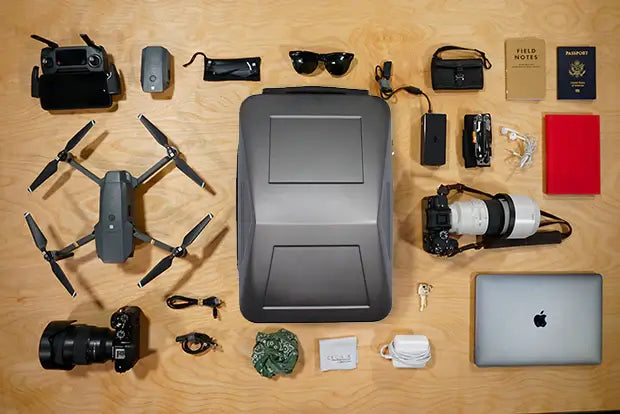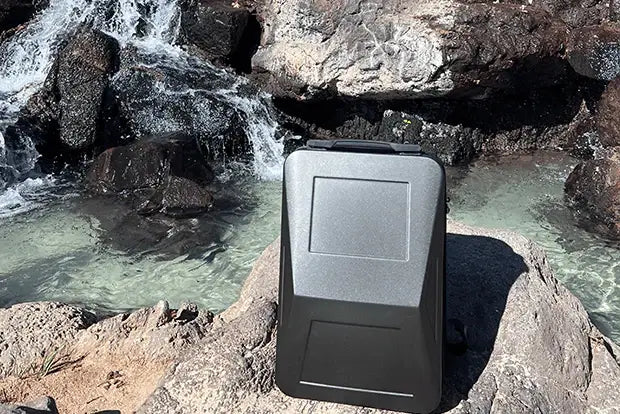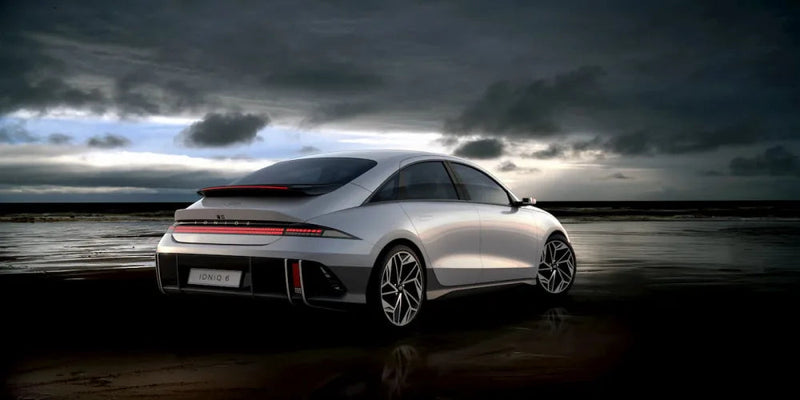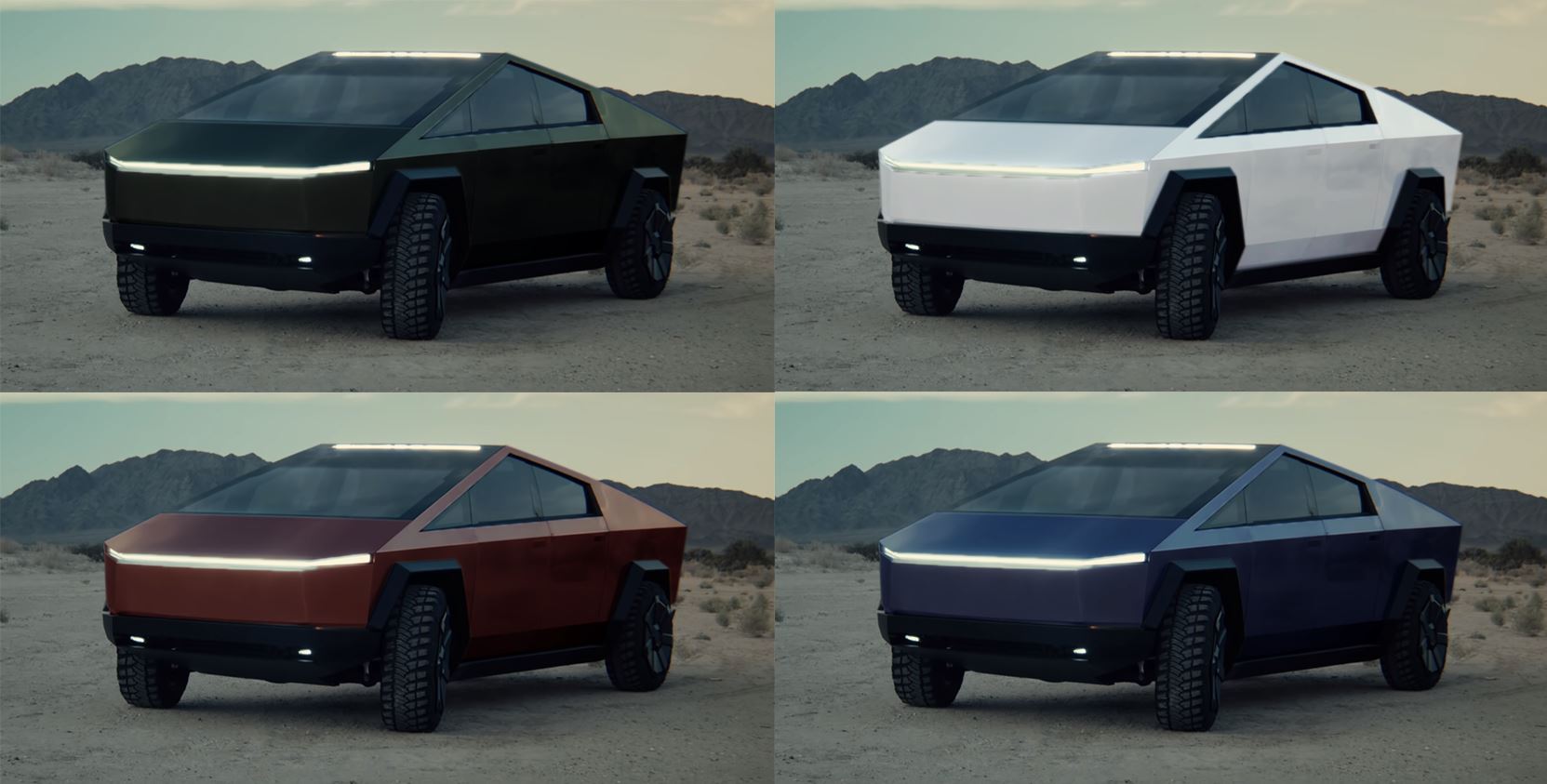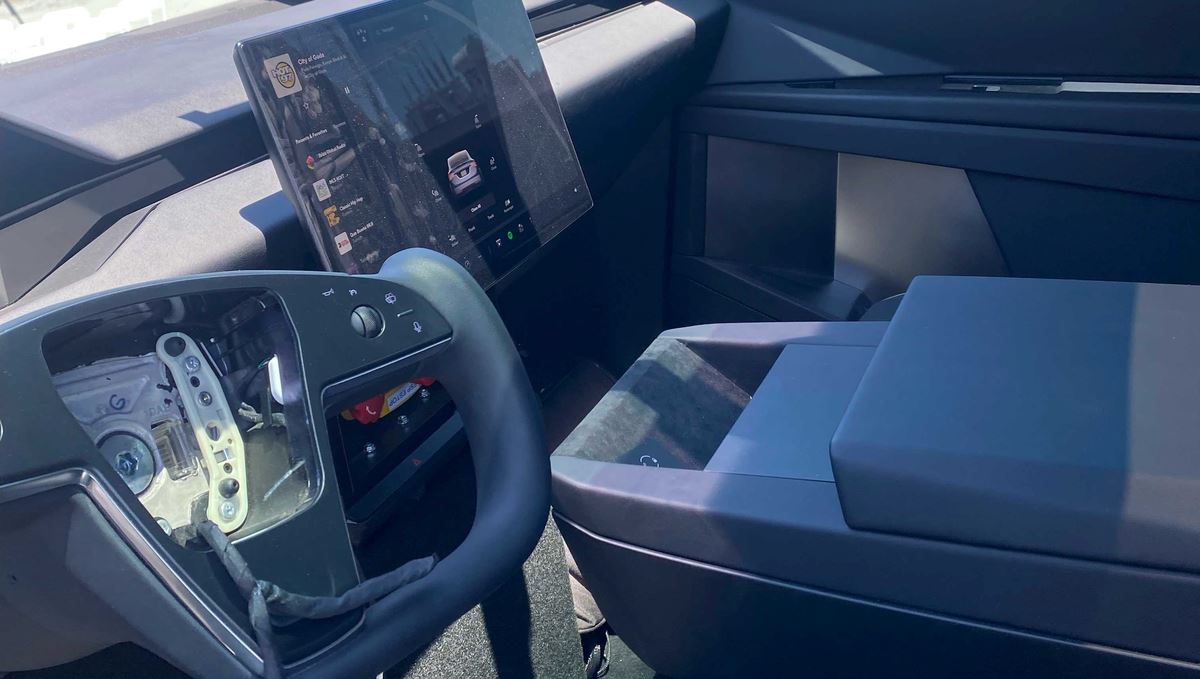Hyundai, a South Korean auto manufacturer, is vying for market share in the EV industry and wants to establish itself in the US. Hyundai intends to produce "Made in America" electric vehicles after being excluded from the new EV tax incentives.
Hyundai outlined its goals to become a leading EV manufacturer earlier this year. By 2030, the auto manufacturer hopes to sell 1.87 million EVs and aims to hold 7% of the worldwide EV market, with 11 new Hyundai EV models, and six Genesis models (Hyundai's luxury division). The 379-mile-range Hyundai IONIQ 6 was unveiled this year. The IONIQ 7 will come after it in 2024.
Hyundai Announces an EV Manufacturing Facility in the U.S.
The South Korean manufacturer announced in May that it would establish its first Electric Vehicle facility in the United States to increase EV manufacturing. The 5.5 billion-dollar project was initially planned to begin the coming year, with operations starting in 2025. After the EV plant becomes operational, Hyundai anticipates producing about 300,000 EVs annually.
According to the South Korean group, it hopes to hire around 8,100 employees. The battery production plant will be developed through a strategic collaboration, the specifics of which will be released later, according to Hyundai Motor Group, which also owns Hyundai Motor Co (005380.KS) and Kia Corp (000270.KS).
The plant is an important part of Hyundai's $7.4 billion investment plan for the United States through 2025 to support future mobility. Georgia expects Hyundai Motor Group suppliers to also invest an additional $1 billion on top of the initial investment.
The investment by Hyundai follows the arrival of President Biden in South Korea on Friday. The South Korean auto group, which is considered one of the top five automakers globally based on sales, has facilities in Georgia and Alabama. Hyundai Motor announced in April that it would invest 300 million dollars to introduce EVs at its Montgomery assembly.
SK On to Provide Batteries?
The battery business of SK Innovation, which provides batteries to Hyundai, has built two sites in Georgia. The first facility—which largely serves Volkswagen AG—became operational in the first quarter. The second facility will supply Ford Motor Company when it opens at the start of the next year.
According to a source, SK On will also supply batteries for Hyundai’s Ioniq 7's. However, SK On stated that it is unable to comment on supply agreements involving particular clients.
Plans to accelerate the timeline
A recent report suggests that Hyundai may be accelerating the project's implementation. The new Inflation Reduction Act, which prohibits tax incentives for electric vehicles built outside of North America, would persuade Hyundai Motor Co (005380.KS) to start building an EV and battery facility in the US as soon as this year.
In order to begin commercial production in the second half of 2024, the corporation is reportedly considering commencing construction later this year, according to a source in the auto sector.
At this time, Hyundai Motor has not confirmed or denied this.
Plans for the Georgia Facility
The new facility will include a highly automated, adaptable, and interconnected production system that naturally integrates every component of the EV ecosystem in order to generate consumer value.
Many of the group's cutting-edge intelligent manufacturing technologies, which are now being tested at the group's innovation hub, the Hyundai Motor Group Innovation Center in Singapore, are anticipated to be put into practice (HMGICS).
The Georgia site will develop into an advanced manufacturing facility. AI and data will be used to optimize every aspect of production, including order gathering, procurement, transportation, and production. The inventive manufacturing process will involve r robots aiding human workers in a human-centered workplace.
The factory will primarily rely on renewable energy sources to power the facility and use emission-reduction technology as part of Hyundai's commitment to sustainability and to comply with RE100 standards.
So, will Hyundai begin producing EVs in the US by 2024?
If you saw a Hyundai on the road, you probably wouldn't think it was produced in America. But that might happen sooner rather than later.
According to an undisclosed industry insider, Hyundai plans to begin construction later this year and commercial production in 2024. Hyundai has not confirmed this information yet, but given the current scenario, this measure would make sense. Last week, President Biden signed the historic Inflation Reduction Act, which includes provisions aimed at improving EV accessibility in the United States.
The bill benefits US automakers but not companies like Hyundai and Kia, which manufacture EVs in foreign nations and export them to the US. The EV tax credit is the major point of the new climate policy for EV owners. The new bill provides EV buyers with a $7,500 tax credit for new EVs and a $4,500 tax credit for used EVs.
However, because the bill's goal is to boost manufacturing in the United States, all materials used in the vehicles must be acquired locally. As a result, Hyundai is considering producing an EV in the United States, which would likely be the beginning of a brand-new trend.
The New Tax Credits
On August 16, Joe Biden signed a 430 billion dollar legislation into law, removing tax benefits for nearly 70 percent of the 72 previously qualifying EVs. As a result, the tax incentives are no longer available for EVs sold by Hyundai Motor, Kia Corp, Toyota, and other EV manufacturers.
During a conversation with American Secretary of State Antony Blinken last week, the Foreign Minister of South Korea, Park Jin voiced worries about the new U.S. law, according to a representative of the foreign ministry.
According to Industry Minister Lee Chang-yang, South Korea will consider whether to lodge a complaint with the World Trade Organization regarding the U.S. Inflation Reduction Act due to concerns that the law might be in violation of WTO regulations and a bilateral free trade agreement between South Korea and the United States.
Ahn Duk-geun, the nation's trade minister, intends to tackle the issue with American authorities during his visit to Washington next week, said Lee.
Our Take
A foreign automaker making a significant effort to produce automobiles in the US? Yes, you heard correctly. Hyundai had originally planned to produce cars in the US, but the new climate legislation makes it more desirable to do so.
Hyundai appears to have played it smart by getting out in front of the competition by developing workable plans for "made in America" EVs. The company now wants to hasten the procedure.
There are already effects of the new Inflation Reduction Act on the economy. Beginning with Hyundai, who will be the next foreign automaker to introduce an electric vehicle (EV) produced here in the US?
In our opinion, this is huge news. Moving production of EVs to the US by major international automakers like Hyundai might give the economy the boost it needs. You can expect more such moves like this soon.







